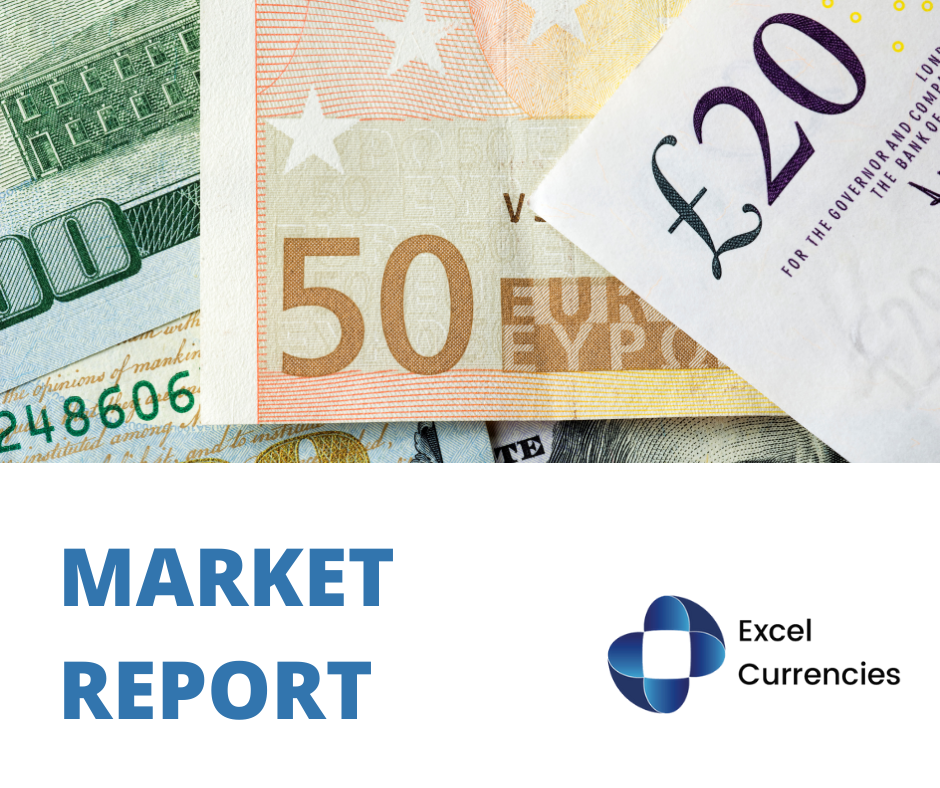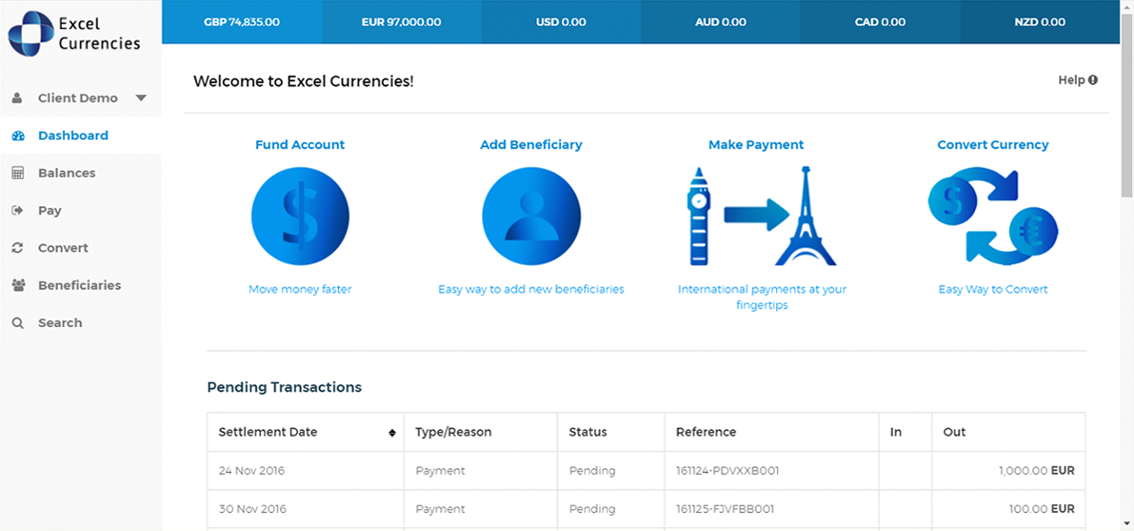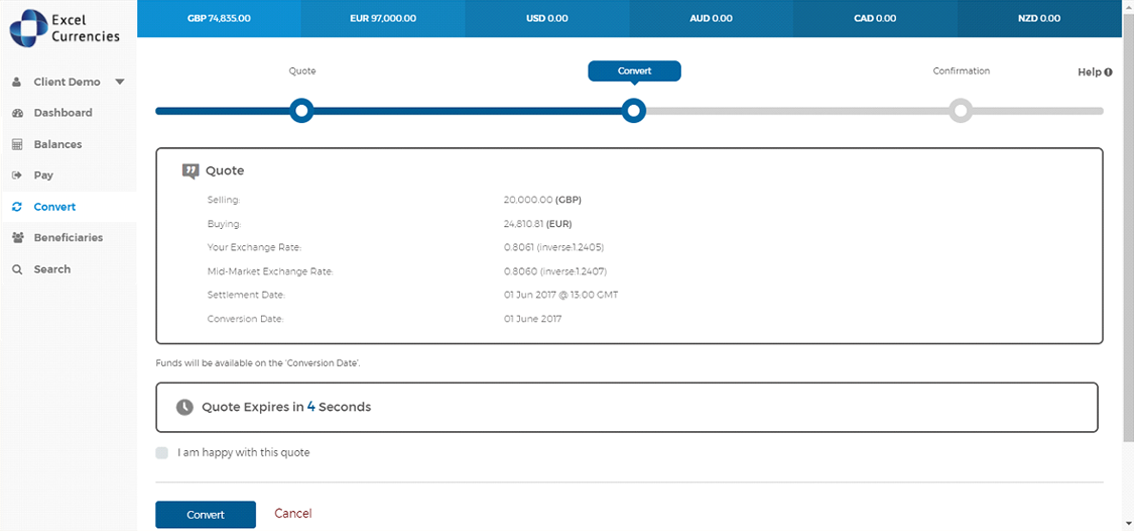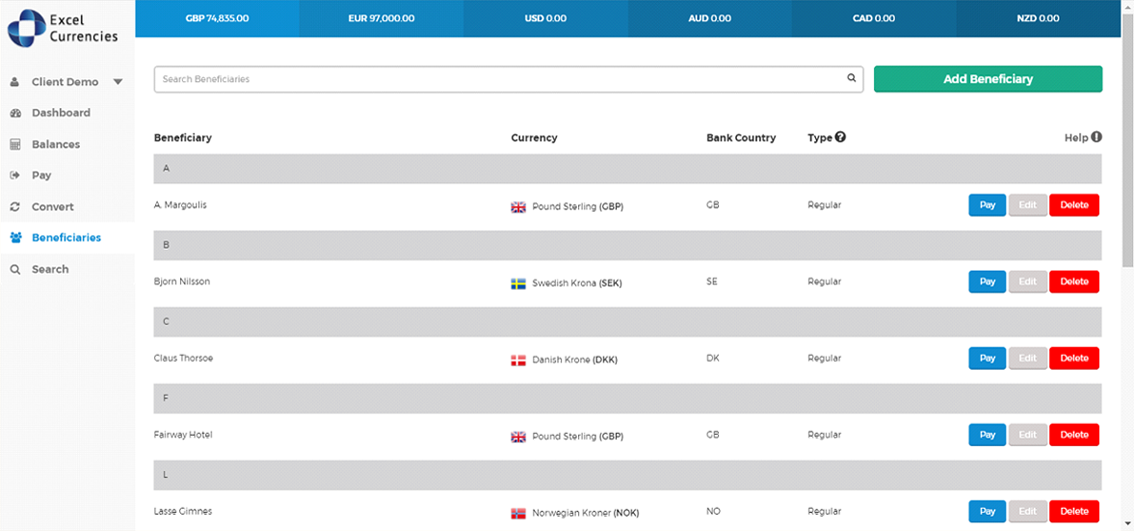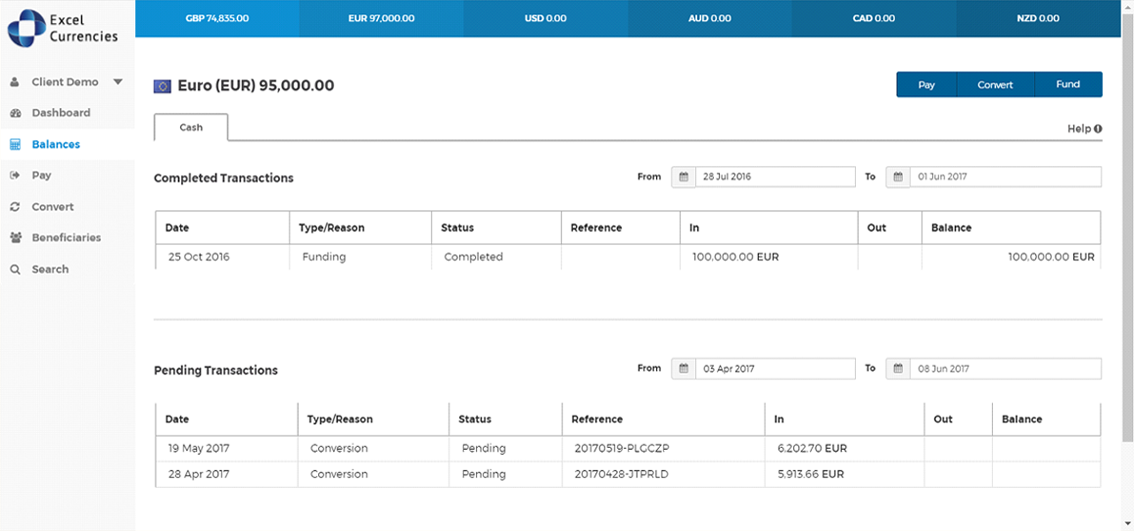|
May and Q2 in general, was supposed to be rather painful for the Pound against the majors. Historically, both May & June (over the last 7-years) has seen Sterling fall in value. This time round things are looking much different with the £-€ rate clearing a 2% gain.
The month overall hasn't had its usual 'bite' in terms of the extreme volatility we are used to seeing. I think traders have been a bit perplexed over the fallout of a few US banks, as-well-as much stickier UK inflation and much better economic data. In fact the past 2-weeks has seen the pair hardly move at all as GBP claims ground at favourable levels.
Those levels today have been improved after UK shop price inflation hit fresh highs overnight, resulting in extra certainty what the BoE will need to do in the months ahead with interest rates. The scale of which, should reflect that of the ECB's path and so cuts off the Euro's expected gain in that area.
EUR
The Euro-Zone releases the main economic data for the short week ahead with inflation numbers taking centre stage. Inflation is expected to fall again in the region, but it's the core number that will be monitored most to see if higher interest rates are working.
The Euro has lost 2% in the month against the surprisingly strong Pound and over 3% against the safe-haven US Dollar. Things couldn't have gone much worse for € sellers the past few weeks, but there is hope yet with many analysts expecting a turnaround next month. Where that comes from exactly I can't be too sure, but a run on a currency like this usually ends quite abruptly.
USD
There is a lot of technical goings on with the Dollar currently in the shape of the bond market and uncertainty over the US debt ceiling deal. The Dollar was widely bought last week which overall strengthened the currency across the board.
The US treasury is due to run out of cash on June 5th and so the next few days will be volatile, as either no news or some news will see either huge inflows or outflows of USD. Friday's labour numbers are key to the week also as any evidence in a slowdown in employment growth would dampen speculation over further Fed rate hikes and encourage rate cuts instead.
|

 Twitter
Twitter Facebook
Facebook linkedin
linkedin Google
Google